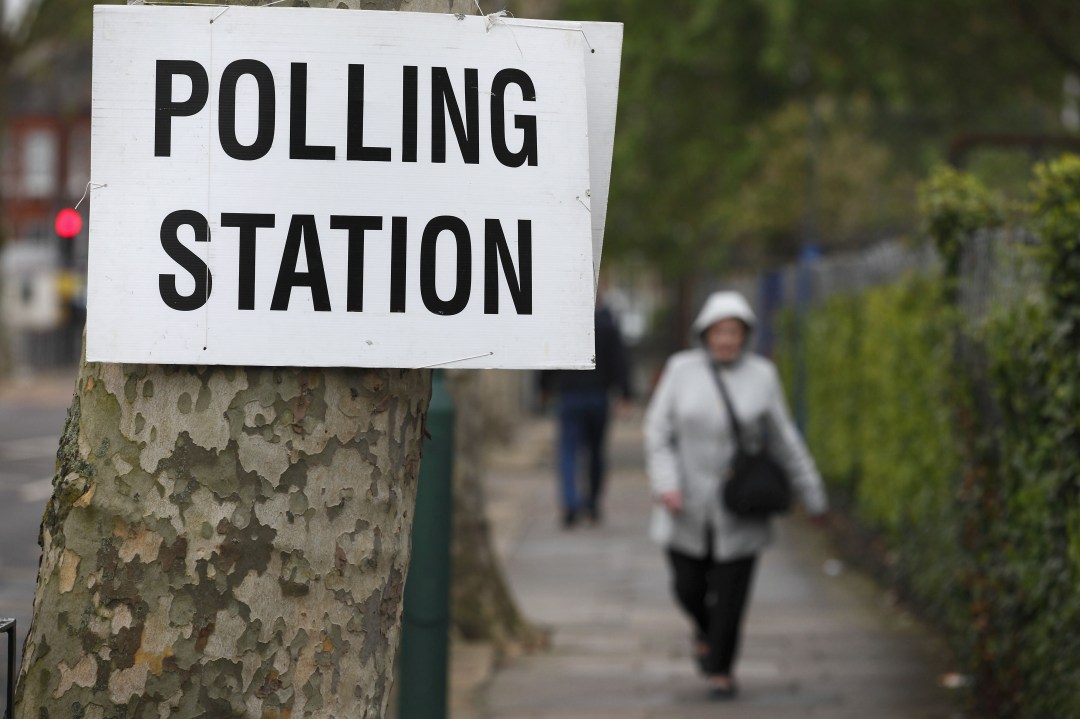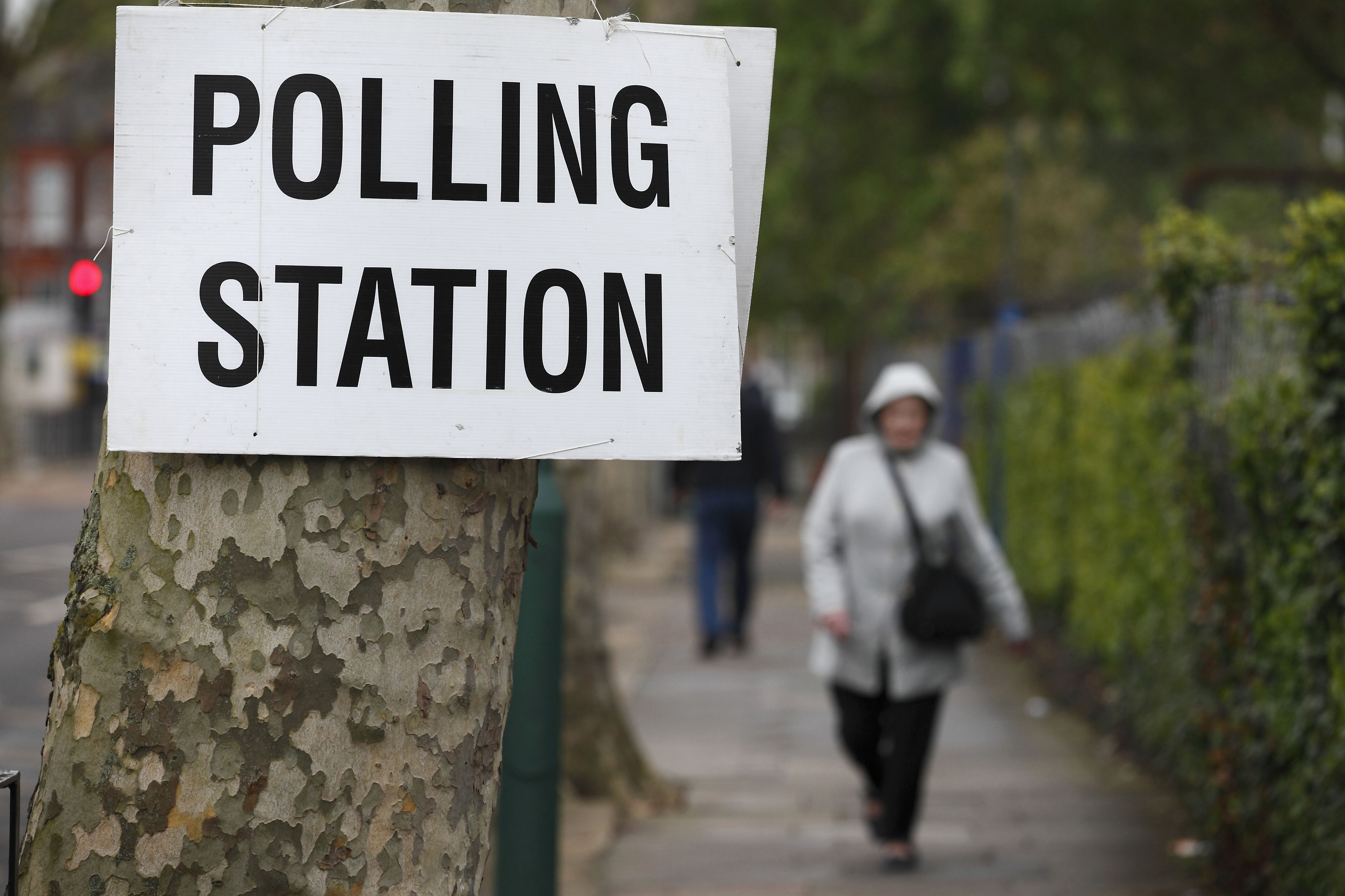Forget London. Odds are that Boris will win re-election while Labour
becomes the largest party on the GLA. There are far more exciting battles going on around the country. Here’s the state of play in 15 cities outside the M25:
1. Birmingham. After strong gains in 2011, Labour are looking to depose the Conservative-Lib Dem coalition and regain the overall majority they held here until 2003. They need just five
gains to do so — and, with 18 Tory seats and 13 Lib Dem ones up, that shouldn’t prove too difficult. Both of the coalition parties are simply in damage limitation mode.
2. Glasgow. Labour held a majority here for three decades, but lost it just a few weeks ago through resignations. The SNP — currently on 20 seats to Labour’s 39 — are intent on taking control. This will be the number one focus for both Scottish parties.
3. Manchester. Labour won every seat up for election here last year, wiping out the last Tory councilor. If they repeat the feat this year — taking 12 seats off the Lib Dems — Manchester would almost be a single-party state, with just 9 Lib Dem councillors in opposition.
4. Liverpool. Having seized control from the Lib Dems in 2010, Labour are again aiming to extend their majority. They also look certain to win the city’s first mayoral election with candidate Joe Anderson. The Lib Dems will be looking to hold onto as many of the 10 seats they’re defending as possible, but the signs don’t look too good for them — they lost 11 of the 14 they were defending here last year. They could end up with barely a dozen councillors after today, quite a collapse for the party that held the majority here for a decade from 1998 to 2008.
5. Sheffield. The Lib Dems’ struggle to hold on to as many seats as possible is all the more significant in Nick Clegg’s own city. His party was defending 15 seats last year, and lost nine of them to Labour. This time, they’re defending 17, and Clegg will be praying for a better success rate.
6. Newcastle-upon-Tyne. Labour took ten seats — and majority control — from the Lib Dems last year. With half of the Lib Dems’ remaining 32 seats up this time,
Labour could well gain a similar number again.
7. Kingston-upon-Hull. Another city that Labour won from the Lib Dems last year. The Lib Dems lost 10 seats in 2011, and are defending 12 this time. Hull could be another case of
Clegg’s party going from a majority of councillors to a handful very quickly indeed.
8. Plymouth. The Conservatives have held a majority here since 2007, but Labour are snapping at their heels. The red team picked up five seats last year, and need just four more for a majority. Moor View, Southway, St Budeaux and St Peter wards could well give it to them.
9. Southampton. Another Tory majority under threat. Labour need five gains for a majority but may fall short — last year, they only picked up four. But if they can take two or more seats off the Conservatives (most likely in Bargate, Coxford and Redbridge wards), they’ll deprive them of a majority and hand kingmaker power to the three Lib Dems on the council.
10. Portsmouth. An intra-coalition fight on the south coast. The Lib Dems currently have a slim majority, with 23 councillors to the Tories’ 17 (and one Labour). In 2011, the Tories picked up one seat from the yellow team. They need to take three of the six the Lib Dems are defending this year to take control.
11. Cambridge. No Tory councillors here, but an important battle between the Lib Dems and Labour. The Lib Dems have held a majority since 2000, but will lose it if they lose four of the eight seats they’re defending to Labour.
12. Carlisle. Labour have 24 councillors to the Tories’ 22, with the Lib Dems on four and others on 2. That means the red team need to gain three seats for a majority. The Conservatives held on well here last year, retaining all eight seats they were defending. But if Labour repeat last year’s victories in Belle Vue, Morton and Yewdale wards, that’d be enough.
13. Cardiff. After taking the Cardiff Central Assembly seat off the Lib Dems last year, Welsh Labour would love nothing more than to deprive them of their majority on the capital’s council. Leader Carwyn Jones even reckons his party can take a majority here themselves, which would require 25 gains.
14. Swansea. Labour currently hold the most seats, but the Lib Dems govern the city along with independent councillors. Labour are expecting to inflict heavy losses on the yellow team, and could well take control themselves.
15. Edinburgh. Currently run by a Lib Dem-SNP coalition. With the number of seats finely balanced between the four main parties, control could well be decided more by negotiations afterwards than the results themselves.







Comments